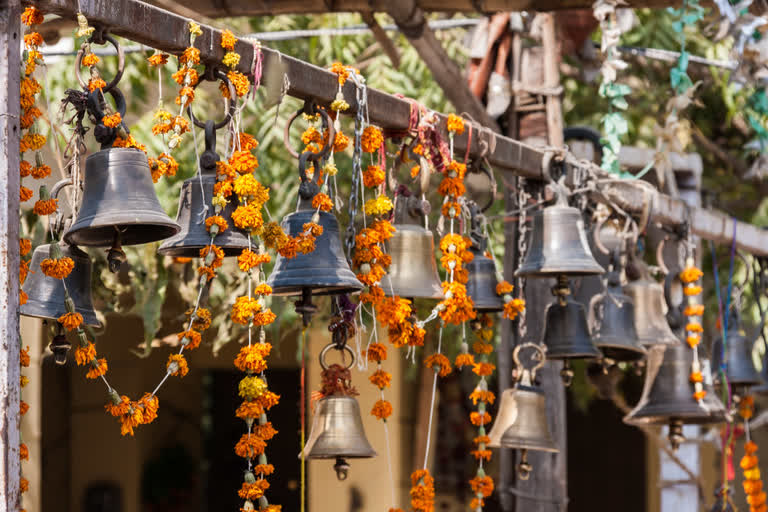Dehradun: The Uttarakhand State Commission for Schedule Caste (SCSC) has asked all the districts of Uttarakhand to prepare a list of temples and religious places where discrimination against Dalits is rampant. The move came days after five youths who allegedly attacked a 22-year-old Dalit with burning wood as he was trying to enter a temple in the Mori area of Uttarkashi were arrested.
As a measure to avoid any such untoward incidents in the future in Uttarkashi, SCSC President Mukesh Kumar issued orders for the list to be prepared. "We do not have any list in place yet. But we have decided to make such a list after this shocking Uttarkashi incident has come to the fore," Kumar said, adding that the DMs and SPs of the districts have been instructed to take the strictest action against the accused in such illegal acts.
Based on the list, the local administration will first try to convince those who discriminate against Dalits. If they do not comply, they will be booked under relevant laws, the offical said. "If there are restrictions that apply to all devotees in a temple due to certain traditions, that is acceptable. But if it applies only to Dalits or lower caste devotees, that's absolutely unacceptable. We will take action to stop it," Mukesh Kumar said.
Another SCSC official said that they have so far identified at least three districts where caste discrimination is rampant. "These districts include Uttarkashi, Almora and Champawat. This exercise will help us to find out the extent of the problem. Some members of the Dalit community welcomed the decision of the SCSC. Some were not sure whether it would be effective or not," the official said.
Also read: SC refuses to entertain pleas against Bihar government's decision to hold caste survey
The public has also registered a mix response to the initiative. A resident of Uttarkashi, who belongs to an upper caste community, said that the step will be highly effective in stopping such kind of type of discrimination that should not prevail in the modern era. Another resident said that, on the other hand said that it is a 'common practice in Uttarakhand to prevent Dalits from entering temples, especially in rural and hilly areas. "It is justified as a 'centuries-old tradition that should be left alone. I don't think this move will make any difference. Discrimination has existed since centuries. It has become a part of the society. It is a common practice," the man said.
In recent incidents of caste-based discrimination, a 45-year-old Dalit man was beaten to death for eating with "upper caste" guests at a wedding in Champawat in September last year. In the same month, a local Dalit political leader was found dead in the Salt area of Almora within two weeks of marrying an upper caste girl who was allegedly killed by her in-laws. A Dalit groom was asked to get off his horse during a procession in Almora last year. For over a year, upper caste students refused to touch the mid-day meal prepared by a Dalit bhojanmata (cook) at a school in Champawat.


